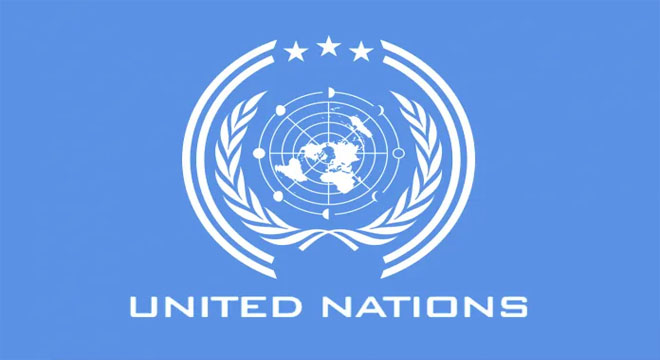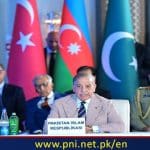UNITED NATIONS, : Pakistan Friday highlighted at the United Nations a UN human rights expert’s report voicing concern over the “despicable” treatment of minorities in India, saying about two million Muslim were facing the prospect of bring rendered foreigners or stateless in the state of Assam.
Speaking during an Interactive Dialogue at a UN panel, Pakistani delegate Zulqarnain Chheena also expressed alarm at the global resurgence of xenophobia, hatred and acts of violence against all minorities.
The dialogue took place in the General Assembly’s Third Committee, which deals with social, cultural and humanitarian matters.
The committee has before a report from UN Special Rapporteur on Minorities, Fernand de Varennes, saying he continues to receive “disturbing reports” from India where the new legislation excluding members of the country’s Muslim minority from accelerated pathways to citizenship may lead to statelessness of millions.
Commenting on the report, Chheena, a first secretary in the Pakistan Mission to the United Nations, said, “With respect to our own neighborhood, we echo the concerns raised in your report about the despicable treatment of minorities in India, where around two million Muslims are faced with the prospects of being rendered ‘foreigners’ and stateless in Assam.
“You had rightly pointed out in your report to the General Assembly last year as well that this process could further fuel religious intolerance and discrimination, leading to other states in India using similar approaches to deny or remove citizenship for Muslims and other minorities,” he added.
“Unfortunately,” the Pakistani delegate said, “a process of eliminating the heritage of Islam in India is currently underway in pursuance of the BJP-RSS Hindutva ideology through destruction of Muslim shrines, monuments and transformation of Indian’s muslims into oppressed, second class citizens, and non-citizens.
“The destruction of the historic Babri mosque and construction of a Hindu temple on the same site is a reflection of this extremist mindset.”
Following the passage of Citizenship Amendment Act (CAA) last December, the United Nations human rights office said that it is “fundamentally discriminatory in nature” by excluding Muslims, and called for a review.
The new law does not extend the same protection to Muslim migrants as to six other religious minorities fleeing persecution, thereby undermining India’s commitment to equality before the law, enshrined in its constitution, U.N. human rights spokesman Jeremy Laurence told a Geneva news briefing in December last.
In his report, Special Rapporteur Fernand de Varennes also called upon “UNHCR, the Secretary General, the General Assembly and the Human Rights Council –with millions of members of minorities at risk of being deemed foreigners, being subjected to new legislation that excludes Muslim minorities from gaining access to certain pathways to citizenship acquisition and possibly finding themselves stateless – to consider engaging immediately in discussions with India and taking global action in order to protect the human rights of some of the world’s most vulnerable, and avoid growing instances of hate speech and violence directed towards Muslim minorities in what could become a threat to regional peace and security.”
On Friday, the Pakistan delegate requested the Special Rapporteur to continue to closely monitor the situation of minorities in India and report to Human Rights Council and the General Assembly.
Follow the PNI Facebook page for the latest news and updates.








